General News
Is Setting Up a Solar Energy System Difficult?
Setting up a solar energy system may seem overwhelming, but with the right approach, it becomes a smooth and manageable process. By understanding the key steps and considerations, you can easily transition to renewable energy without hassle.
Step 1: Assess Your Energy Needs
Before installing a solar energy system, determine your household or business energy requirements. Start by reviewing your electricity bills and identifying your peak energy usage periods. This will help you choose the right size for your solar system.
Key Considerations:
- Average daily energy consumption (measured in kWh).
- Peak usage hours and seasonal variations.
- Future energy needs, such as adding electric vehicles or appliances.
Step 2: Choose the Right Solar Components
Selecting high-quality components is crucial for system efficiency and durability. A typical solar energy system includes solar panels, an inverter, batteries, and mounting hardware.
Key Components:
- Solar Panels: Convert sunlight into electricity; choose panels with high efficiency and durability.
- Inverter: Converts DC electricity from panels into AC electricity for household use.
- Batteries (optional): Store excess energy for use during cloudy days or nighttime.
- Mounting System: Secures panels in the optimal position for sunlight exposure.
Step 3: Find a Professional Installer
While DIY solar installations are possible, hiring a professional installer ensures safety, compliance, and proper system performance. Professionals can also help with permits and inspections, saving you time and effort.
Benefits of Professional Installation:
- Accurate system design tailored to your energy needs.
- Safe electrical connections and compliance with local regulations.
- Guidance on government incentives and rebates.
Step 4: Consider Local Regulations and Incentives
Understanding local laws and financial incentives is essential before setting up your solar system. Many regions offer tax credits, rebates, or feed-in tariffs to encourage renewable energy adoption.
Key Questions to Research:
- What permits are required in your area?
- Are there any financial incentives available for solar energy systems?
- What is the process for connecting to the grid?
Step 5: Monitor and Maintain Your System
Once your solar energy system is installed, regular monitoring and maintenance will keep it running efficiently for years. Modern systems often include apps or tools to track energy production and usage.
Maintenance Tips:
- Clean solar panels periodically to remove dust and debris.
- Check the inverter and batteries for performance issues.
- Schedule annual inspections with your installer.
Why Choose Baufar for Your Solar Energy Needs?
At Baufar, we simplify the process of switching to solar energy. From selecting the right components to professional installation, we guide you every step of the way. Our reliable products and expert support ensure a smooth transition to sustainable energy.
Final Thoughts
Setting up a solar energy system may seem complex, but with proper planning and professional help, it becomes a straightforward process. By assessing your needs, selecting the right components, and understanding local regulations, you can enjoy the benefits of clean and renewable energy. Explore our solar solutions at Baufar to get started today!


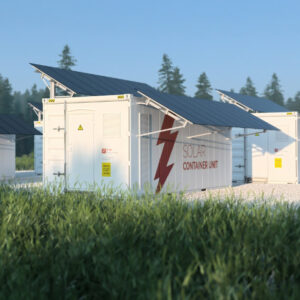
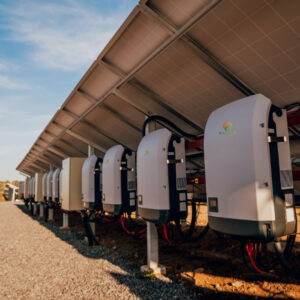
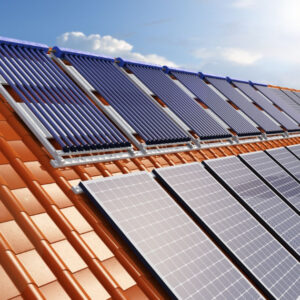
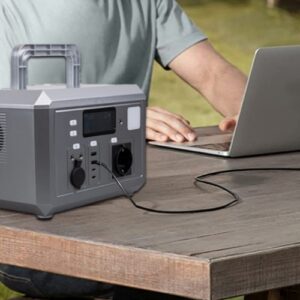
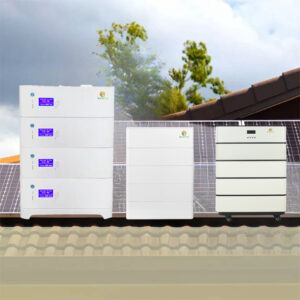
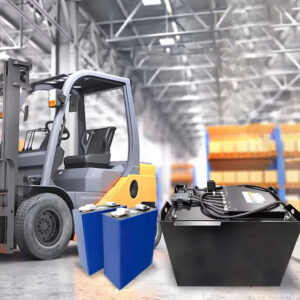
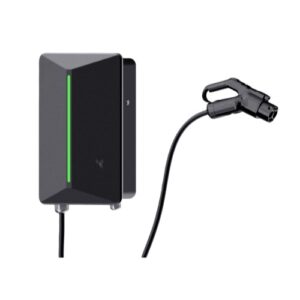

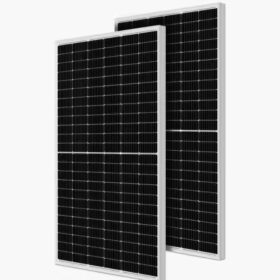 Solar Panel
Solar Panel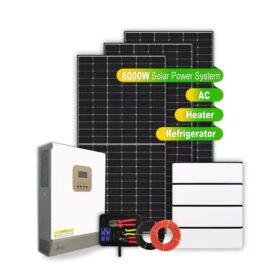 Solar Power System
Solar Power System